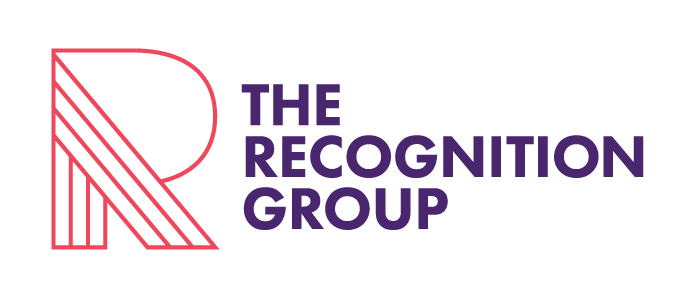How to run effective marketing campaigns if you don't have an in-house marketing department
In the B2B sector, organisations often rely on personal and professional networks and word-of-mouth referrals for generating leads. While these are useful techniques, they can only take you so far. Integrating digital marketing campaigns with your traditional sales process will help generate new revenue streams, particularly in an environment where face-to-face sales is no longer possible.
Building a marketing competency in-house is one way to execute this, however a dedicated department is expensive given the range of junior and senior resources needed. To save costs, businesses often look to hire a single marketing specialist, but this usually results in under-used or over-used skills, depending on the person’s expertise and the inability to scale. A sole marketing person also doesn’t get the collaborative feedback needed to stimulate new ideas for effective marketing campaigns.
An alternative is to outsource the marketing function to an agency. Here are four ways that using an agency can deliver always-on marketing and lead generation programs for consistent business value:
1. Deep B2B-specific expertise and insights
Partnering with a marketing agency gives you access to a team’s cumulative experience and insights into what will work and what won’t for your specific needs.
Agencies are highly tuned to industry shifts and emerging trends, and can move quickly to ensure ongoing relevance and strong campaign results.
Agencies can also help ensure you’re compliant with regulations such as new privacy guidelines, and keep you updated on changes to search engine or social networking algorithms, ensuring your campaigns remain effective.
Because agencies works across multiple clients they bring more (and more current) experience to determine what campaign elements will work for your business.
2. Cost-effective
Outsourcing your marketing reduces the fixed costs that come with in-house resources.
It also removes the single point of risk that is present when your entire marketing function depends on one person, for example, if they’re off on leave it can mean that campaigns aren’t progressed. With an agency, there’s always someone there to ensure your campaigns are running effectively.
Using an agency also reduces your financial risk by providing a variable cost which means activity can typically be scaled up and down according to business needs.
3. Flexible access to skills
The business landscape changes rapidly, and it’s likely that you’ll need additional or different marketing services from time to time to manage. By partnering with a marketing agency, you can easily add whatever skills you need, as and when you need them.
4. Maximum ROI
An agency will generally assign you specific team members to ensure maximum return on investment. For example, while strategic planning will take place with a senior account manager, daily activities like reporting will be executed by a cheaper account coordinator. This allocation makes the most of your budget.
In today’s economic climate, targeting the right people with the right message at the right time is more critical than ever.
A marketing agency gives you access to a team of industry experts which lets your budget work harder and go further to consistent deliver cutting-edge marketing campaigns. If you want to know what marketing-as-a-managed service could look like, learn more here.
